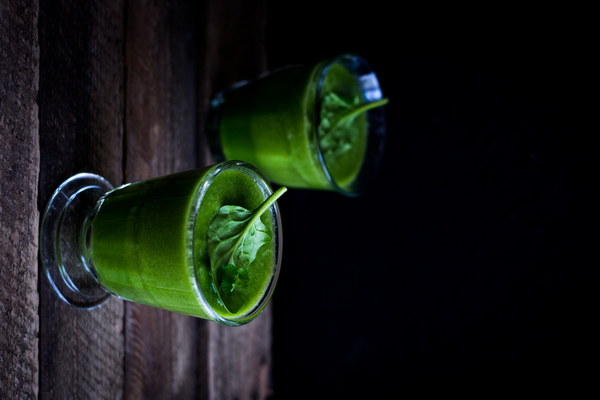Does Aging Wine Really Soothe the Stomach Unveiling the Truth Behind the Traditional Chinese Drink
In the realm of traditional Chinese medicine, there exists a popular belief that aging wine, often referred to as laochao or shaojiu, possesses the ability to nourish the stomach and promote digestion. This belief has been passed down through generations, but does the science behind it hold true? Let's delve into the topic and uncover the truth behind the much-talked-about health benefits of aging wine.
To understand whether aging wine can indeed be beneficial for the stomach, we need to explore its composition and the way it interacts with the human body. Aging wine is typically made from fermented grapes, which are rich in various compounds such as polyphenols, antioxidants, and vitamins. These compounds are believed to play a vital role in the potential health benefits of aging wine.
One of the primary reasons why aging wine is thought to be good for the stomach is its ability to stimulate saliva production. When consumed, the wine stimulates the salivary glands, which in turn produce more saliva. Saliva contains digestive enzymes that help break down food, making it easier for the stomach to process and digest.
Furthermore, aging wine is said to enhance the secretion of digestive juices, which are crucial for the proper breakdown of food. These digestive juices contain enzymes and other substances that aid in the absorption of nutrients and the elimination of waste products. By promoting the secretion of these juices, aging wine may help improve overall digestion and reduce the likelihood of stomach-related issues.
Another potential benefit of aging wine is its ability to alleviate stomach pain. The polyphenols present in the wine are known to have anti-inflammatory properties, which can help reduce inflammation and pain in the stomach lining. This makes aging wine a popular choice for those suffering from stomach ulcers or gastritis.
However, it's important to note that the consumption of aging wine should be done in moderation. Excessive alcohol intake can lead to a range of health issues, including stomach problems. In fact, excessive alcohol consumption can irritate the stomach lining, leading to increased inflammation and pain.

While aging wine may offer some digestive benefits, it is not a miracle cure for stomach-related issues. It's essential to maintain a balanced diet and a healthy lifestyle to ensure optimal digestive health. Additionally, individuals with specific health conditions or those who are sensitive to alcohol should consult with a healthcare professional before incorporating aging wine into their diet.
In conclusion, the belief that aging wine can nourish the stomach and promote digestion is rooted in the wine's ability to stimulate saliva production, enhance the secretion of digestive juices, and possess anti-inflammatory properties. However, it is crucial to consume aging wine in moderation and maintain a balanced diet to reap its potential benefits. As with any dietary supplement or health product, it is always best to consult with a healthcare professional before making significant changes to your diet or lifestyle.









